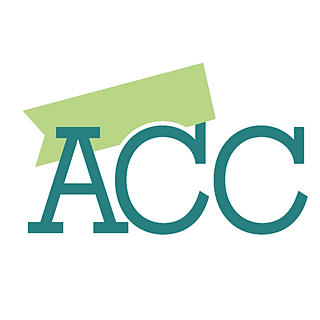WORKMANSHIP COMPLAINTS: ROC license suspensions and Recovery Fund awards
- Arizona Contractor & Community
- Jun 30, 2022
- 3 min read
On a residential project, even a minor ROC discipline against your contractor’s license can trigger a Recovery Fund award and a second license suspension.
If an ROC workmanship complaint results in a short suspension of a contractor’s license, some contractors choose not to appeal and instead serve the suspension and assume that the case is closed.
However, if the complaint involves a residential property, that may be where the real trouble begins.

Recovery Fund Blues. Residential homeowners who obtain any suspension (however minor) or revocation against a license may apply for an award of up to $30,000 from the ROC’s Recovery Fund. Although the Recovery Fund initially makes the payment, the contractor will ultimately bear the financial burden.
If the Recovery Fund makes a payment, the license will automatically be suspended again until the licensee has repaid the Recovery Fund, with interest. If the contractor does not incur costs at the outset to resolve the underlying complaint, it will inevitably do so at the end if it wants to continue in construction.
This creates a real hardship for contractors that have to generate income in order to repay the Recovery Fund award but cannot do so legally because their license is under suspension.
Compounding matters, any unresolved Recovery Fund suspension of one license could trigger the suspension of another contractor’s license, if there is overlap between pertinent personnel. (See “Are You Really Sure You Want To Be the Qualifying Party on Your “Buddy’s” ROC License?”) It may also bar certain individuals from being able to obtain licenses in the future until the Recovery Fund is repaid in full.
Given these lasting risks, it is important for contractors to take seriously even “small” complaints before the ROC.
ROC Investigation Overview. Let’s back up and take a refresher course on the anatomy of an ROC complaint and investigation.
At the outset, the ROC’s assigned investigator will inform the contractor that a complaint has been filed. The investigator will also request from the contractor an optional written response within ten days.
The investigator will schedule and conduct an inspection at the jobsite. At the inspection (which the contractor should attend), the investigator will document the project and allow both parties the opportunity to provide any relevant information for the case. Based upon the discussions at the jobsite, the investigator may ask the parties to provide supplemental documentary evidence to either prove or disprove claims.
Although the inspection generally governs workmanship and abandonment cases, the investigator could also use this opportunity to investigate other potential administrative violations, such as a statutorily deficient contract.
If, after the initial investigation, the investigator decides to issue a written directive to the contractor, the directive formally details what issues must be resolved by the contractor, and it provides a deadline for compliance. The compliance period is at least 15 days from the date the directive is issued; investigators have discretion to provide additional time if needed.
At the end of the compliance period, the investigator will confirm the status of the directive work with the party who filed the complaint. If the work has been properly completed, the case will be considered resolved. If there are allegations that the work was not properly completed or otherwise fails to meet minimum workmanship standards, the investigator will likely schedule a compliance inspection.
If the investigator determines that any issues (even minor ones) were not properly resolved, the investigator can recommend an ROC citation against the contractor. The citation informs the contractor of the ROC’s formal charges.
If the ROC issues a citation, it will include a deadline by which the contractor must provide a written answer. It is imperative for the contractor to meet that deadline; failure to do so allows the ROC to immediately discipline the license, without a hearing.
After the contractor files its answer, the case is referred for an administrative hearing, where both sides may put forward their case to show why or why not the contractor should be disciplined. Practically speaking, a contractor is likely facing an uphill battle; the assigned investigator will likely offer testimony that is unfavorable to the contractor.
If the administrative law judge rules against the contractor, that ruling can recommend discipline, which can range from just a small fine to a complete license revocation. The recommended decision is then referred to the ROC, which generally accepts the decision. As discussed above, in Recovery Fund-eligible cases, this initial discipline would be in addition to (a) repaying any Recovery Fund payout and (b) serving a suspension until the Recovery Fund is repaid.
If the ruling goes against the contractor and recommends discipline, the contractor can appeal the ruling in Superior Court. (See Jamie Hanson’s article, “New Arizona Law on Administrative Appeals Creates Opportunities for Contractors in ROC Hearings.”)









Comments